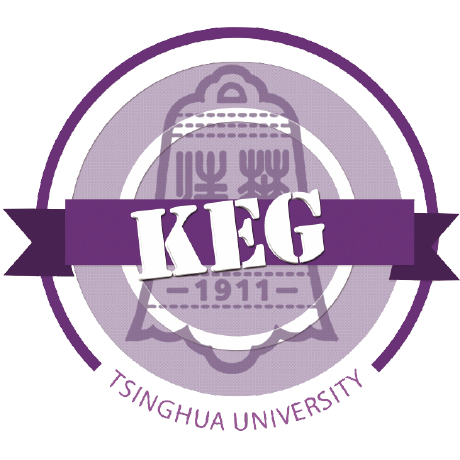Discover and explore top open-source AI tools and projects—updated daily.
Memento by  Agent-on-the-Fly
Agent-on-the-Fly
Fine-tune LLM agents without LLM weight updates
Top 19.9% on SourcePulse
Memento addresses the challenge of continually improving Large Language Model (LLM) agents without the need for computationally expensive fine-tuning of the LLM weights themselves. It offers a memory-based, continual-learning framework that enables agents to learn from experience, making them more adaptable and efficient. The target audience includes researchers and developers working with LLM agents who need to enhance their performance over time through practical application. The primary benefit is achieving agent improvement with significantly reduced computational cost and complexity.
How It Works
Memento reframes continual learning as memory-based online reinforcement learning within a memory-augmented Markov Decision Process (MDP). It employs a case-based reasoning (CBR) approach where a neural case-selection policy guides actions. Experiences, represented as successful or failed trajectories, are stored in a "Case Bank" and efficiently retrieved for reuse. This memory-augmented learning allows the agent to steer its planning and execution based on past experiences, facilitating low-cost, transferable, and online continual learning. The architecture features a two-stage planner–executor loop: a Meta-Planner decomposes tasks and retrieves relevant cases, while an Executor runs subtasks using a unified MCP (Meta-Controller Protocol) interface, orchestrating various tools and logging outcomes.
Quick Start & Requirements
- Installation: Clone the repository, create and activate a Conda environment (
conda create -n Memento python=3.11 -y,conda activate Memento), navigate to theclientdirectory, create a.envfile for API keys, and install dependencies (pip install -r requirements.txt,pip install -U crawl4ai crawl4ai-setup crawl4ai-doctor playwright install). - Prerequisites: Python 3.10+, OpenAI API key (or compatible endpoint), SearxNG instance for web search. Optional API keys include Chunkr, Jina, and AssemblyAI.
- Setup: Requires setting up API keys in a
.envfile and potentially running a SearxNG Docker container. - Docs/Demo: No explicit links provided in the README for quick-start or demo, but the project structure and usage examples are detailed.
Highlighted Details
- Achieves competitive results on benchmarks like GAIA (87.88% Val, 79.40% Test), DeepResearcher (66.6% F1), SimpleQA (95.0%), and HLE (24.4% PM).
- Demonstrates accuracy improvements on Out-of-Distribution (OOD) datasets.
- Features a comprehensive tool ecosystem including web research, document processing, code execution, and media analysis via a unified MCP interface.
- Employs a two-stage planner–executor loop, with a CBR-driven planner for task decomposition and retrieval.
Maintenance & Community
The project acknowledges contributions from Camel-AI for some toolkits and interpreters. Information on specific maintainers, community channels (like Discord/Slack), or a public roadmap is not detailed in the provided README. Contributing guidelines are mentioned.
Licensing & Compatibility
The README does not explicitly state the license type. Compatibility for commercial use or closed-source linking is not specified.
Limitations & Caveats
Long-horizon tasks, particularly GAIA Level-3, remain challenging due to compounding errors. Performance on frontier knowledge tasks is limited by the current tooling. Open-source coverage for executor validation in fully open pipelines is limited.
4 months ago
Inactive

 joelhooks
joelhooks qianlima-lab
qianlima-lab MIT-MI
MIT-MI xinzhel
xinzhel shaman-ai
shaman-ai allenai
allenai Gen-Verse
Gen-Verse inclusionAI
inclusionAI OPPO-PersonalAI
OPPO-PersonalAI THUDM
THUDM KwaiKEG
KwaiKEG OSU-NLP-Group
OSU-NLP-Group